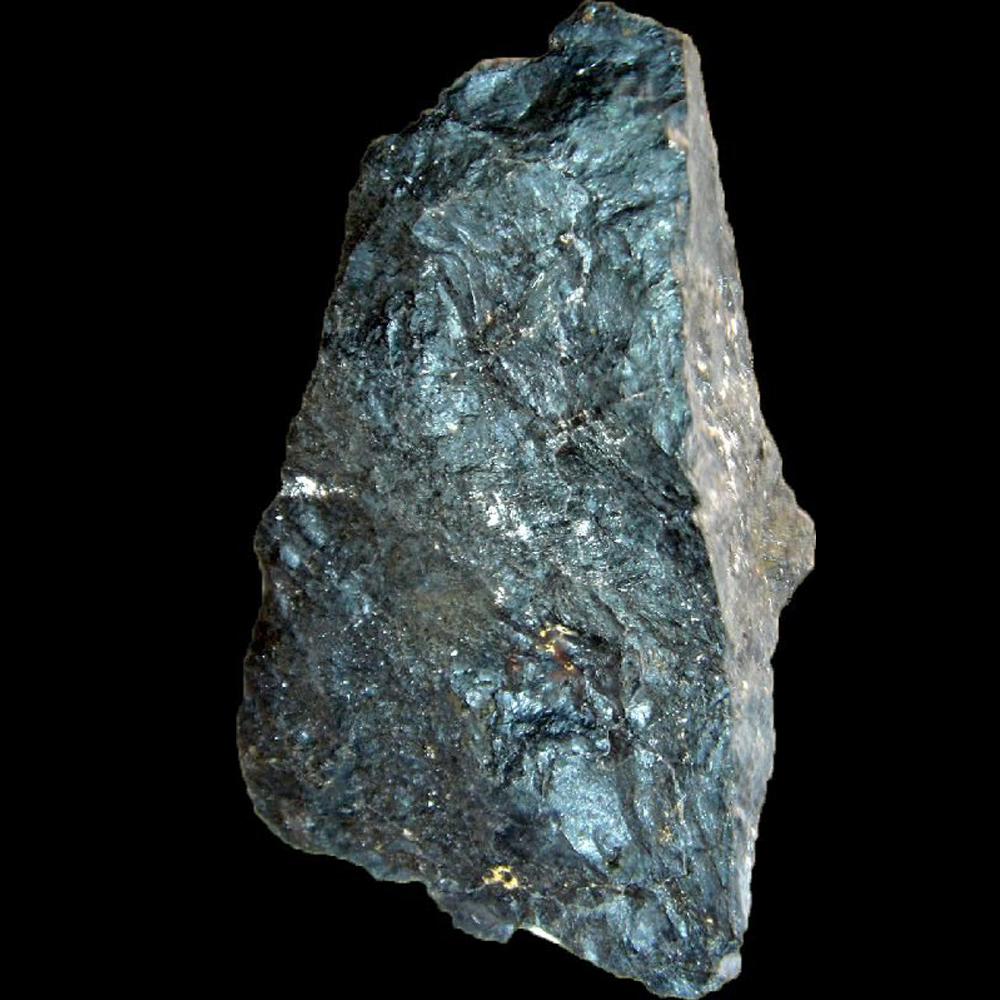About Iron Ore
 Iron ore, a fundamental mineral in the global economy, is a key raw material for the production of steel, driving industrial development worldwide. It is typically found in sedimentary rocks, particularly banded iron formations, as well as in igneous and metamorphic rocks. With its distinctive reddish-brown coloration and metallic luster, iron ore deposits are abundant across the globe, with major producers including Australia, Brazil, and China. The extraction and processing of iron ore involve various techniques such as open-pit mining, underground mining, and beneficiation processes to separate the iron content from impurities. Once extracted, iron ore undergoes further refinement in blast furnaces or direct reduction plants to produce pig iron or sponge iron, respectively. Subsequently, pig iron is converted into steel through additional refining processes, including oxygen blowing and electric arc furnace methods. Iron ore’s significance in steel production underscores its crucial role in infrastructure, transportation, machinery, and consumer goods manufacturing. However, concerns regarding environmental impacts, such as habitat destruction, water pollution, and greenhouse gas emissions, necessitate sustainable mining practices and technological advancements to minimize its ecological footprint.
Iron ore, a fundamental mineral in the global economy, is a key raw material for the production of steel, driving industrial development worldwide. It is typically found in sedimentary rocks, particularly banded iron formations, as well as in igneous and metamorphic rocks. With its distinctive reddish-brown coloration and metallic luster, iron ore deposits are abundant across the globe, with major producers including Australia, Brazil, and China. The extraction and processing of iron ore involve various techniques such as open-pit mining, underground mining, and beneficiation processes to separate the iron content from impurities. Once extracted, iron ore undergoes further refinement in blast furnaces or direct reduction plants to produce pig iron or sponge iron, respectively. Subsequently, pig iron is converted into steel through additional refining processes, including oxygen blowing and electric arc furnace methods. Iron ore’s significance in steel production underscores its crucial role in infrastructure, transportation, machinery, and consumer goods manufacturing. However, concerns regarding environmental impacts, such as habitat destruction, water pollution, and greenhouse gas emissions, necessitate sustainable mining practices and technological advancements to minimize its ecological footprint.

